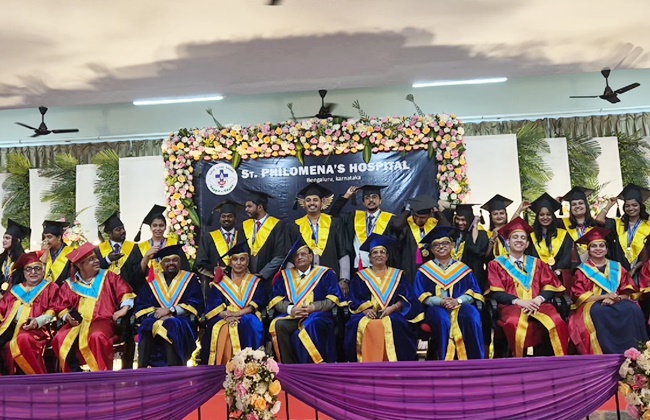

Diabetes is a pressing problem in India, affecting millions of people. A recent study has found that only a third of those affected manage to control their diabetes properly. This leaves the majority of patients at risk for serious health complications.
As per the study, less than half have good control over blood pressure and LDL (bad) cholesterol. Additionally, only 7.7% of those studied met all three targets.
The study was funded by Indian Council of Medical Research and coordinated by the Madras Diabetes Research Foundation. It considered 1,13,043 people across 30 states and Union Territories of India.
Glycemic control, blood pressure and LDL cholesterol levels were examined among diabetics. The study found that those with a higher education level or who live in rural areas had better management of their diabetes to maintain healthy lives free from complications like heart disease – but there’s more than one explanation for these findings! Men also seemed smarter when compared against women as far as optimal health is concerned.
The great news is that 16% of the population surveyed said they used a blood glucose monitor at home to check their own levels. The majority of people on insulin were not following guidelines when it comes to self-monitoring their blood glucose levels.
In another interesting finding, the survey found that less than 20 per cent of the diabetic population took three servings of fruits and vegetables per day. Even though the World Health Organization recommends at least five servings a day.
When it comes to controlling blood sugar levels, physical activity is key. Unfortunately, as per this study, less than 25% of people perform the moderate to vigorous physical activity that is needed to keep blood glucose levels in check.
The study sampled adults aged 20 and older from all over the country, found that only a small percentage of participants were achieving moderate to vigorous levels of exercise on a regular basis. This is particularly worrying given the growing rates of diabetes and pre-diabetes in India and indicates that health interventions need to focus more on promoting increased physical activity among adults.
To better understand this issue, the survey looked at both urban and rural communities. Among urban participants, only 33,537 individuals met moderately intense guidelines for exercise while 79,506 rural participants did so. This suggests that while certain populations may be more active overall, there are still significant gaps when it comes to encouraging people to make healthy lifestyle changes like exercising regularly.
The study is the first epidemiological study that has widely covered participants from across the country. The results have been published in The Lancet Diabetes and Endocrinology. The survey noted that the findings indicated the suboptimal achievement of treatment goals and health behaviours needed to control diabetes and related complications in India.
Achieving optimal diabetes control requires a combination of regular physical activity, a healthy diet, smoking cessation, and maintaining a healthy body weight. The study’s authors say that the findings highlight the need for more effective strategies to promote healthy behaviours and improve access to quality care in order to improve glycaemic control among people with diabetes in our country.


.jpg)
.jpeg)